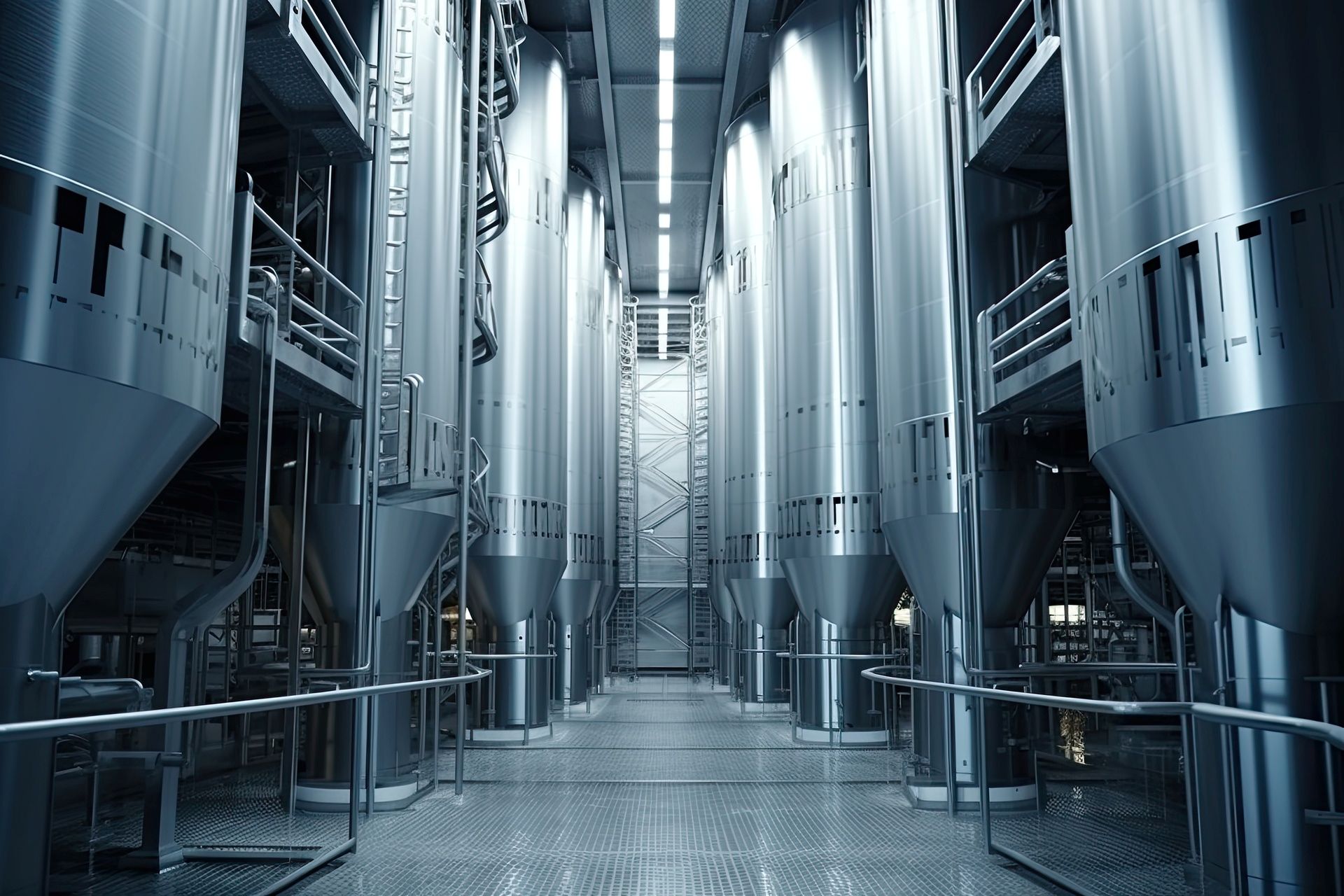
Chemical reactors are sophisticated process vessels engineered to facilitate controlled chemical transformations under precisely defined operating conditions including temperature, pressure, residence time, and reactant concentrations. These critical process equipment units serve as the heart of chemical manufacturing operations, petrochemical complexes, pharmaceutical production facilities, and specialty chemical plants worldwide. Reactor design encompasses complex engineering principles integrating reaction kinetics, mass transfer, heat transfer, and fluid mechanics to optimize conversion efficiency, selectivity, and product quality while ensuring safe operation within specified design parameters and regulatory compliance standards.
Continuous stirred tank reactors (CSTR) represent the most versatile reactor configuration for homogeneous liquid-phase reactions, featuring mechanical agitation systems with optimized impeller designs for uniform mixing and temperature control. These vessels typically operate at steady-state conditions with continuous feed and product streams, achieving consistent product quality and simplified process control. CSTR designs accommodate volumes ranging from pilot-scale 100-liter units to commercial-scale 100,000-liter installations, constructed from materials including carbon steel, stainless steel grades (316L, 321, 347), Hastelloy, and specialty alloys for corrosive service applications. Critical design parameters include residence time distribution, mixing intensity, heat transfer surface area, and vapor space requirements for volatile components.
Plug flow reactors (PFR) and tubular reactors excel in applications requiring precise residence time control and minimal axial mixing, particularly for gas-phase reactions and high-conversion processes. These configurations feature elongated geometries with high length-to-diameter ratios, achieving uniform temperature profiles through external heating or cooling systems. Packed bed reactors utilize solid catalysts within cylindrical vessels, optimizing contact between reactants and catalyst surfaces for heterogeneous catalytic processes. Key design considerations include pressure drop calculations, catalyst particle size distribution, bed porosity, and heat removal capabilities. These reactors handle operating pressures up to 1000 bar and temperatures exceeding 800°C in specialized applications.
Fluidized bed reactors provide excellent heat and mass transfer characteristics through continuous catalyst circulation, enabling precise temperature control and uniform reaction conditions. These systems feature gas distributors, cyclone separators, and catalyst regeneration systems for continuous operation in processes such as fluid catalytic cracking (FCC) and polymerization. Bubble column reactors utilize gas sparging for mixing and heat removal, ideal for biochemical processes and three-phase reactions. Advanced reactor designs include microreactors for process intensification, membrane reactors for selective separations, and reactive distillation columns combining reaction and separation operations.
Specialized reactor technologies encompass batch reactors for multi-product facilities, semi-batch reactors for controlled addition processes, and loop reactors for high-conversion applications. Batch reactors feature automated charging systems, precise temperature control, and comprehensive safety interlocks for flexible manufacturing operations. Modern reactor packages integrate advanced process control systems utilizing distributed control systems (DCS), safety instrumented systems (SIS), and real-time optimization algorithms for maximum efficiency and safety.
Commercial reactor procurement involves comprehensive engineering analysis including reaction kinetics modeling, computational fluid dynamics (CFD) simulations, and pilot plant testing for process validation. Critical specifications encompass design pressure and temperature ratings, material selection for corrosion resistance, agitation system requirements, and heat transfer capabilities. Quality fabrication standards include ASME Pressure Vessel Code compliance, non-destructive testing procedures, and comprehensive documentation packages. Leading reactor manufacturers provide complete engineering services, performance guarantees, and lifecycle support including catalyst management, process optimization, and equipment upgrades ensuring optimal chemical conversion efficiency for demanding process applications.
